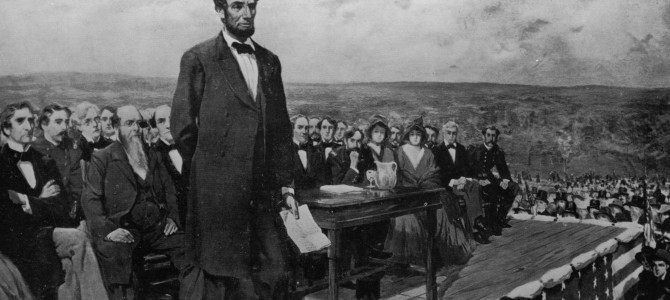Democratic VP Nominee Kamala Harris dodged a question on court packing during Wednesday night’s debate by telling a historically inaccurate tale about President Abraham Lincoln.
Multiple times, Vice President Mike Pence asked Harris directly if the Biden administration plans to pack the Supreme Court if elected.
“Your party is actually openly advocating, adding seats to the Supreme Court, which has had nine seats for 150 years … Now you’ve refused to answer the question and Joe Biden has refused to answer the question. I think the American people would really like to know, if Judge Amy Coney Barrett is confirmed to the Supreme Court of the United States, are you and Joe Biden, if somehow you win this election, going to pack the Supreme Court to get your way?”
Instead of answering Pence’s question, Harris sarcastically exclaimed that she was “so glad we went through a little history lesson … let’s do that a little more.”
She went on to explain that in 1864, Lincoln delayed nominating a Supreme Court justice “27 days before the election” to replace Chief Justice Roger Taney because he wanted to do the “right thing” about the election.
“Abraham Lincoln’s party was in charge, not only of the White House, but the Senate, but Honest Abe said it’s not the right thing to do. The American people deserve to make the decision about who will be the next president in the United States. And then that person can select who will serve for a lifetime and the highest court of our land,” Harris explained. “And so Joe and I are very clear, the American people are voting right now. And it should be their decision about who will serve on this most important body for a lifetime.”
Although some claimed that Harris’s assessment was correct, her statement, however, lacked the historical context necessary to fully understand the situation at hand in order to accurately compare it to the Trump administration’s nomination of Barrett.
Harris is correct that when Roger Taney died in October 1864, Abraham Lincoln deferred a Supreme Court appointment until after election so that next President, with a new mandate, could do it.
— Michael Beschloss (@BeschlossDC) October 8, 2020
While it is true that Lincoln postponed a nomination in 1864 right before the election, “Honest Abe” didn’t save his nomination of Salmon Chase, former Ohio governor, and Senator, because “it’s the right thing to do.”
“As ever, Lincoln was the shrewd politician and in October of 1864 he saw no profit in alienating any of the factions of his political support by making a selection before the election,” writes President Lincoln’s Cottage (PLC), a historical group and museum dedicated to preserving Lincoln’s legacy.
Not only was the Senate out of session in October when Taney died until December 5 making it difficult for Lincoln to move forward with the confirmation proceedings necessary for a new justice, but Lincoln also strategically delayed the nomination to ensure he had Chase and other potential picks’ political support through the November election.
“Lincoln was not above using the enticement of the office to encourage campaigning on his behalf,” PLC wrote.
“Lincoln, from the time of his first election, adopted the strategy of attempting to harness and co-opt Chase’s political and personal power to use in his own causes,” PLC added.
Even though Lincoln reportedly did not like Chase, he struck a political deal with his former presidential race rival offering him the potential nomination in exchange for his support campaigning. This election was also in the middle of the Civil War and Lincoln did not want to miss his chance to follow through on his war-time efforts.
Lincoln, was correct in his assessment of Chase’s appeal to potential Lincoln voters and won re-election in November of 1864.
“After Taney’s death in October 1864, Chase took the ‘cue’ and stumped for Lincoln throughout the Midwest in marked contrast to his earlier maneuverings in 1864 to replace Lincoln as President. (Of course, Chase’s unusual behavior did not go unnoticed and rumors of a bargain surfaced.)” PLC explained.
It was after this win that Lincoln formally nominated Chase as Taney’s replacement one day into Congressional proceedings for that term on Dec. 6, 1984. The Senate confirmed him on that same day.
https://twitter.com/KevinDaleyDC/status/1314036628227264512?s=20









